Creating Fond Memories by Mastering Peak-Rule
This article was originally published in Psychology Today on Nate Kornell’s blog, Everybody is Stupid Except You
This is a guest post by Bridgid Finn, Research Scientist at Educational Testing Service.
In 1996, Daniel Kahneman and Don Redelmeier approached doctors who performed colonoscopies—a painful procedure that was routinely administered without anesthetic at the time—and made a strange request. They asked doctors to give patients normal colonoscopies and then to leave the scope in for some extra time at the end. The extra time was uncomfortable, but not quite as bad as the procedure itself. A second group just had normal colonoscopies. In other words, the two groups suffered the same amount during the procedure, but then the second group continued to suffer for some extra time.
Surprisingly, the patients who suffered through the extra time remembered their overall experience as being less painful. More important, they were more likely to return for another colonoscopy some years later. This finding replicates others demonstrating the peak-end rule: Memory of painful events is influenced by the peak level of pain and the pain at the end of the experience. The duration of the painful experience, though, tends to be neglected.
There are many kinds of pain. For example, exercise is often painful. The peak-end rule predicts that ending your workouts with something easy will make you remember the workout as less painful, and increase the likelihood that you’ll still be working out a year in the future.
The peak-end rule affects positive situations as well as negative ones. For example, trick-or-treaters are more pleased to get a Hersey bar than they are to get a Hersey bar and then a piece of bubble gum (Do, Rupert, & Wolford, 2008).
The peak-end rule in education
If the peak-end rule applies to education, then perhaps ending on a high note in a tough class will make it less, well, painful. Two recent studies support this idea.
I conducted a study to test this idea (Finn, 2010). The procedure was similar to the colonoscopy study. In one condition, participants studied 30 extremely difficult Spanish-English translations. In the other, they did the same thing, and then they studied an additional 15 moderately difficult translations. After studying they took a test, which only included the extremely difficult items.
Not surprisingly, the students performed better when they were tested on the shorter list. But when they were asked which type of list they would prefer to study next time, most students chose the extended list. They reported that it had been less difficult, less tough to cope with and had caused less overall discomfort. In one of the experiments the majority of students actually thought it had been shorter!
Vincent Hoogerheide and Fred Paas found similar results in a seventh grade classroom (Hoogerheide & Paas, 2012). They also tried a reversed procedure, using the moderate items following an easy list. Whereas the moderate items made the difficult list more pleasant, those same items made the otherwise easy list much less pleasant.
Teachers should think carefully about how to use the last five minutes of class. Rushing through a few final points, or giving out homework assignments, might make students remember the class in a negative light. Ending on high note, or perhaps an easy note, might create pleasant memories and keep the students coming back for more.
References
Finn, B. (2010). Ending on a high note: Adding a better end to effortful study. Journal of Experimental Psychology: Learning, Memory, and Cognition, 36(6), 1548.
Hoogerheide, V., & Paas, F. (2012). Remembered utility of unpleasant and pleasant learning experiences: Is all well that ends well? Applied Cognitive Psychology, 26(6), 887-894.


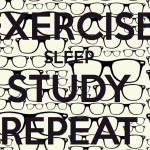










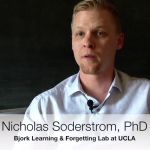

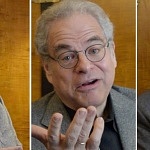


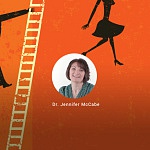
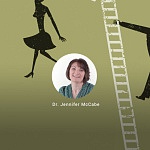


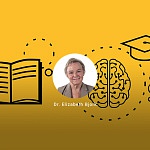

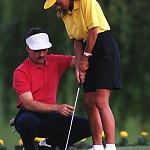



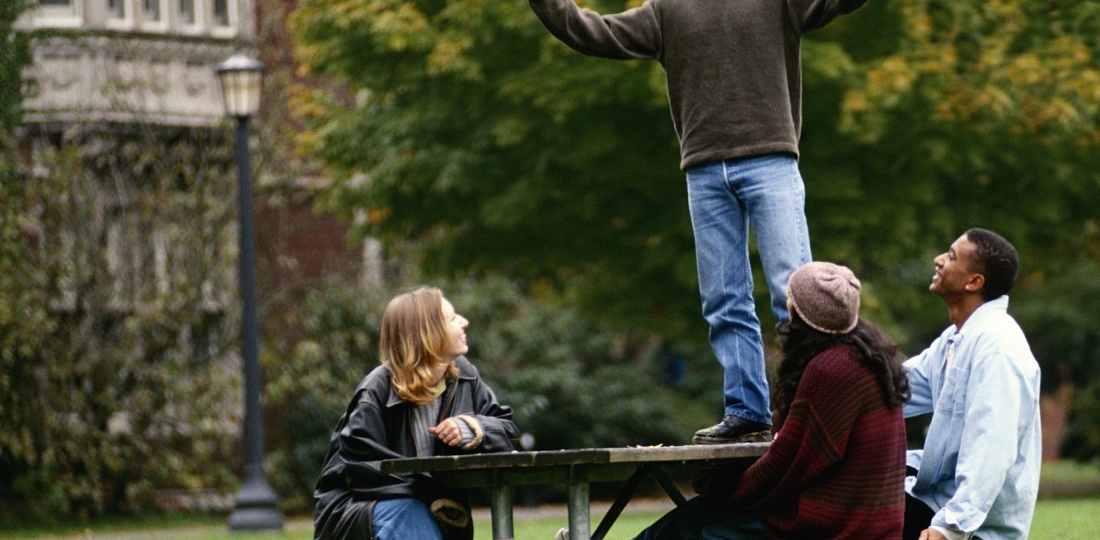


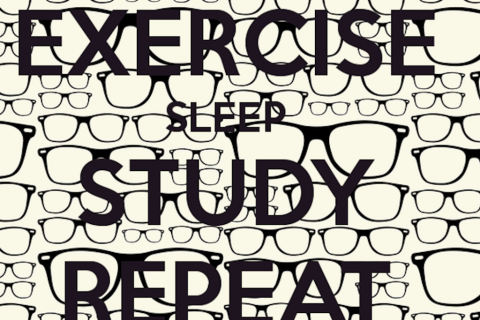
Leave a Reply
You must be logged in to post a comment.